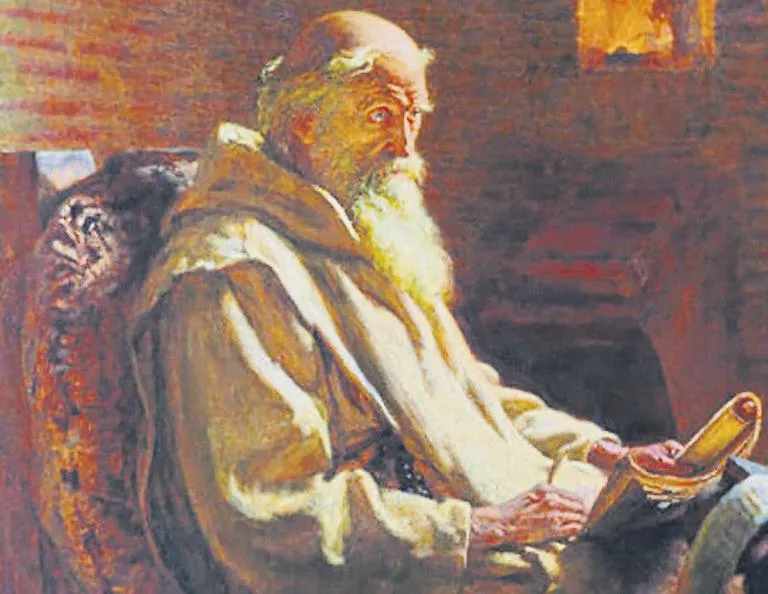If I were asked which historian I would love to meet apart from the Biblical authors, I would say, without hesitation, Bede (c. 673–735).
An English Benedictine monk and scholar, Bede is chiefly known for his Church History of the English People (Historia Ecclesiastica Gentis Anglorum), a history of England from the Roman occupation to 731, the year that it was completed. In the Middle Ages, though, Bede was equally known for his 20 or so commentaries on various books of the Bible and a work on the Lord’s Prayer. In all, Bede wrote about 40 works, nearly all of which are extant. Regretfully, one that we do not have is his translation of the Gospel of John into Anglo-Saxon.
Bede’s life
Bede lived through momentous times: the Byzantine empire and the Germanic kingdoms in western Europe were threatened by a vast pincer movement of the Muslim advance into the European continent. Two decisive battles saved Europe from Muslim conquest: in 718, when Bede was writing commentaries on the Scriptures, the Muslims were defeated before the walls of Constantinople; and in 732, but three years before his death, the Muslim army was defeated at Tours in France.








